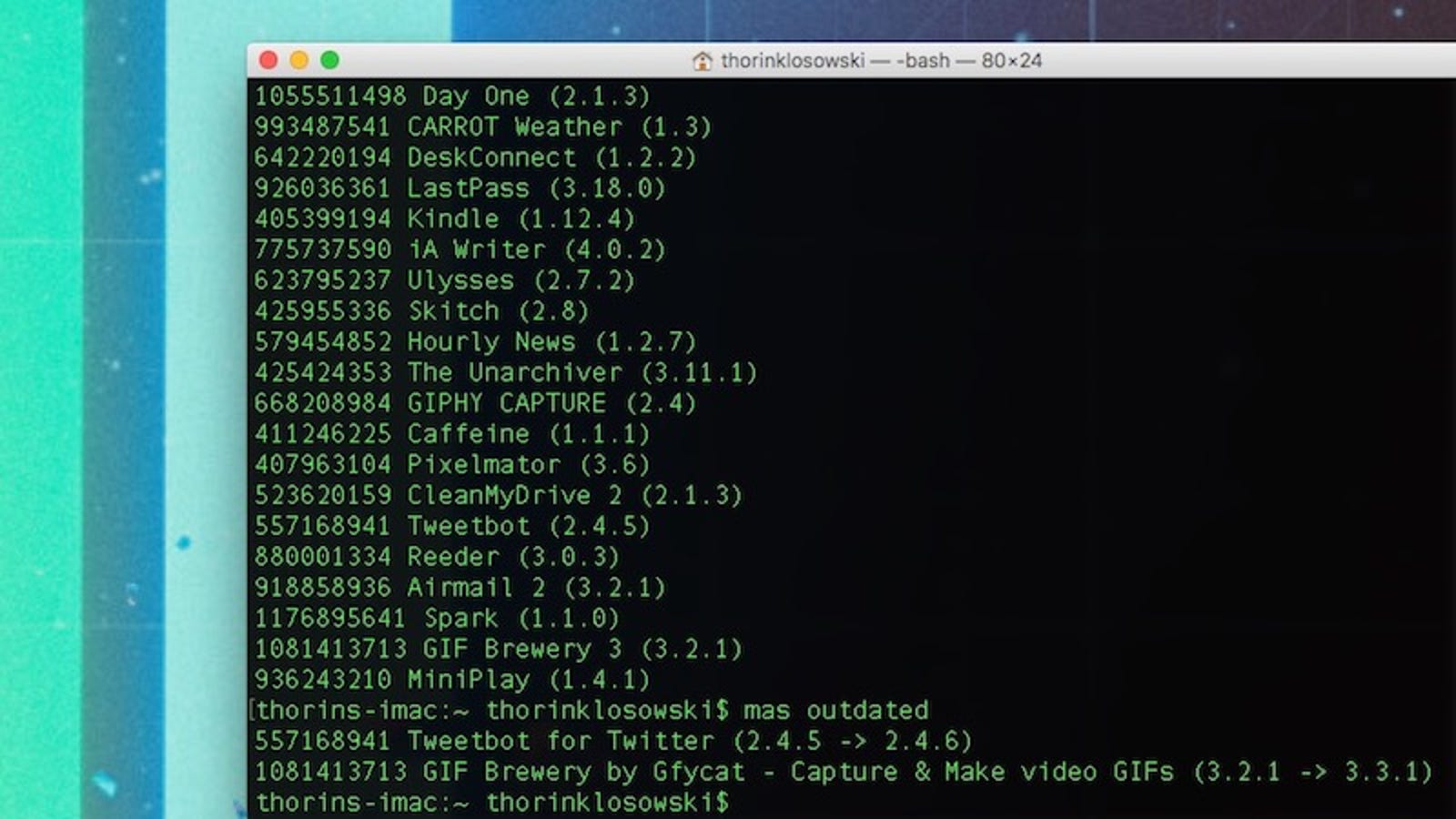Mac Os Rar Unzip Command Line

RAR for Mac is command line application from RarLab to compress or decompress RAR archives - version for Mac OS X. RAR for Mac icon size: 128px x 128px (.png with transparency). Open the file that is having the issue on.zip or.cpgz file using The Unarchiver and let it decompress. Unzip from the Command Line. If the two methods from above don’t work, a third option to unzip a cpgz file on Mac OS Sierra is to use the command line unzip tool. Generally this is used to break archives out of the.zip to.cpgz cycle. Nothing built-in if I'm not mistaken (no access to a Mac now). RAR has a command line version for Mac OS X. UnRarX is a GUI program to extract RAR files. UPDATE: UnRarX is now deprecated and it's site is down.
Here is how to install a free command line UnRAR tool (a RAR file extractor) and the RAR tool on Mac OS X. It’s simple and did I mention it’s free?
There is an image at the end of this post showing the steps taken in Terminal. Also, if you have Homebrew installed, you can use this for the installation of UNRAR. See instructions further down the page. Macx mediatrans 2 2 download free.
Step 1
Mac Unzip Program
Download latest RAR for OS X “RAR 5.2.1 for Mac OS X” (or a later version if there is one) from RARLab.

Assuming that file is downloaded to your ~/Downloads folder, double click it to extract the files. You should now see in your ~/Downloads folder a folder called ~/Downloads/rarosx-5.2.1 (the number will be different if you downloaded a newer version since I late updated this post). In that folder is a /rar folder. So the full path is ~/Downloads/rarosx-5.2.1/rar
If you downloaded it to some other location then your file path will be different. Principle 3 9. Whatever it is, make a note of it.
Step 2
Open Terminal.app. Just type Terminal into Spotlight (Command-Space to quickly access Spotlight). In Terminal.app type or paste the following (again remember to change the version number if you have a later version):
Step 3
For OS X up to 10.9.x (if using Yosemite, first follow instructions as indicated a little further down the page)

Now type or paste:
Whilst you’re at it, you might as well install the RAR tool too. Use this command in Terminal:
For OS X 10.10.x (Yosemite)
In Apple OS X 10.10.x (i.e. Yosemite) there is no /usr/local/bin folder by default. So you will need to first create this folder.
Now following the above instructions “For OS X up to 10.9.x”
Step 4
After you hit enter on that command Terminal will prompt you for your password. Type it in and hit enter.
Step 5
To test the installation went okay simply type unrar into Terminal. You should see a lot information appear in terminal. This is simply the details on how to use unrar and it shows that unrar is install.
Now you can UnRAR rar archives from the Command Line in Terminal.
To do an extraction use the x switch as shown below.
TIP: Mac pro virus removal. To save yourself typing out the full path to the RAR file, you can simply grab the file in Finder and drag it onto Terminal. Format hard drive mac disk utility. Do that after you’ve typed in unrar x(space)
There you go. All done.
Here’s a screenshot of showing the steps taken in Terminal.app
Using Homebrew to install UNRAR
Command Line Unzip Windows
If you have Homebrew installed on your system, you can also use that to install UNRAR. Just use this command:
Note, it only installs UNRAR. If you also need RAR then you’ll have to use the instructions I posted above.
Other neat things you can do with command-line RAR/UNRAR
– Extracting RAR archive files from the command-line
– Repair damaged RAR files on Mac OS from the command-line
Android file transfer for mac os 10 9 5. – Testing RAR archive files for corruption in Mac OS X from the command-line

Mac Os Rar Unzip Command Line
UNDER MAINTENANCE